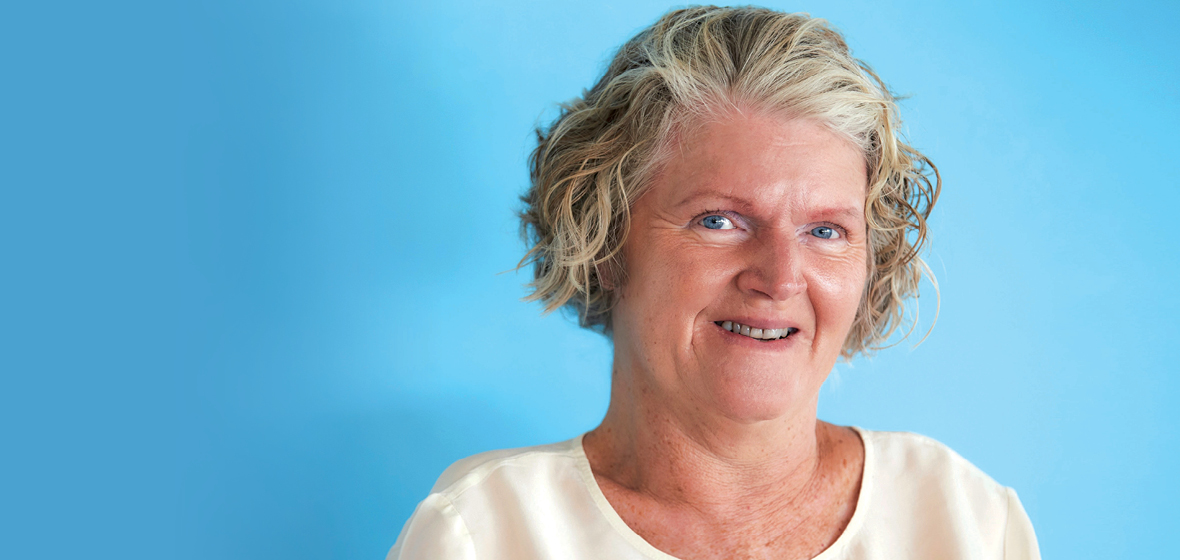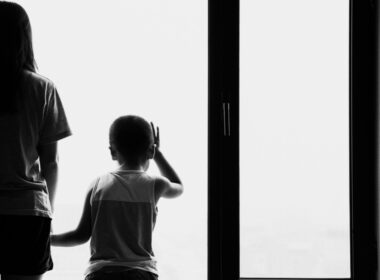Disability advocate and Chair of the chair of the United Nations Committee on the Rights of Persons with Disabilities Rosemary Kayess has called on lawyers to reflect on how society values people with disabilities in the wake of COVID-19.
Speaking to more than 200 people tuned in to a virtual presentation of the Public Interest Advocacy Centre’s (PIAC) annual Social Justice Dinner, Kayess said the pandemic had highlighted a sad reality that people with disabilities were often seen as second-class citizens.
She said this had become obvious in countries that developed critical care triage systems that singled out disability groups as more “dispensable” based on their chances of recovery from severe COVID-19.
“Disability has for a long time been understood as an individual ‘deficit’, an individual problem to be ‘overcome’ or cured, or to be ‘suffered’. This conflicts with the universal ideals we have of humanness,” she said.
“The challenge for those of us engaged in public policy and law is to recognise the diversity of the human condition and reflect this in our laws, policies and practice, and not through ‘special treatment’ of those outside the outdated norms.”
Kayess was the keynote speaker at the annual event, which was held virtually in March to accommodate attendees from across Australia. The program was hosted by broadcaster, lawyer and comedian Julian Morrow and included speeches by Yvonne Weldon, Chair of the Metropolitan Local Aboriginal Land Council, and PIAC CEO Jonathon Hunyor.
Hunyor echoed Kayess’ comments about lessons from COVID-19 and its impact on disadvantaged and marginalised communities.
“Although we liked to say that we were ‘all in this together’, the truth was that some were more in it than others,” he said.
PIAC has for many years worked to improve outcomes under the National Disability Insurance Scheme (NDIS), and in 2020 published an open letter for greater accountability and transparency in the sector.




